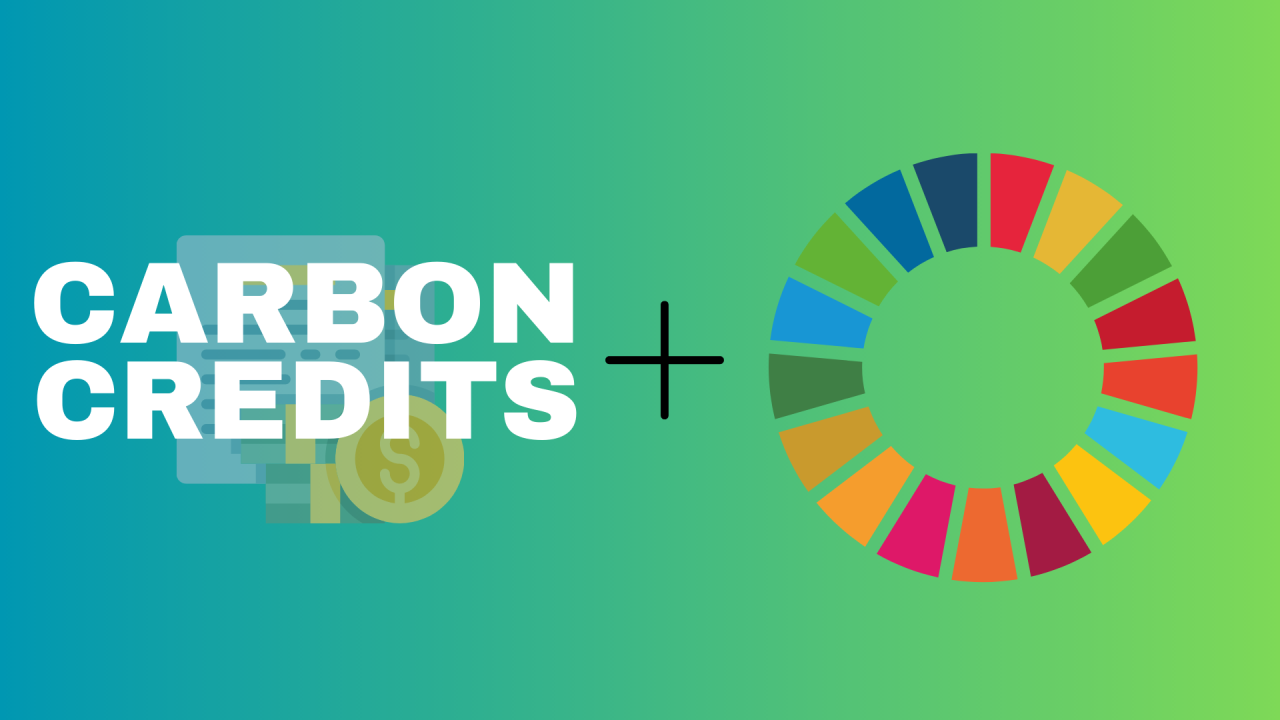Summary:
Implementing energy efficiency measures is a key strategy for corporations looking to reduce their carbon footprints and enhance sustainability. This blog outlines practical steps such as conducting energy audits, upgrading to LED lighting, optimizing HVAC systems, and investing in renewable energy. Companies like Accenture and Walmart have successfully adopted these strategies, leading to significant cost savings and reduced emissions. Engaging employees, monitoring energy usage, and collaborating with sustainability experts like ClimeKare can further strengthen corporate sustainability efforts.
Introduction
In today’s business landscape, corporate sustainability has become a critical focus as companies strive to reduce their carbon footprints and combat climate change. Implementing energy efficiency measures is a practical and effective approach to achieving environmental sustainability while also realizing cost savings. This article explores actionable strategies that corporations can adopt to enhance energy efficiency and highlights case studies of companies that have successfully implemented these measures.
- Conduct Comprehensive Energy Audits
The first step toward improving energy efficiency is understanding current energy consumption patterns. Conducting comprehensive energy audits allows companies to identify inefficiencies and areas for improvement. These audits assess the performance of lighting, heating, ventilation, air conditioning (HVAC) systems, and industrial processes. By pinpointing energy wastage, organizations can develop targeted strategies to address specific issues.
- Upgrade Lighting Systems
Lighting accounts for a significant portion of energy consumption in commercial buildings. Transitioning from traditional incandescent or fluorescent bulbs to energy-efficient LED lighting can substantially reduce energy usage. LEDs consume less power and have longer lifespans, leading to both energy and maintenance cost savings. Additionally, integrating smart lighting controls, such as motion sensors and dimmers, ensures lights are used only when necessary, further enhancing efficiency.
- Optimize HVAC Systems
HVAC systems are major energy consumers in corporate settings. Regular maintenance, such as cleaning filters and inspecting ducts, ensures these systems operate efficiently. Implementing programmable thermostats allows for precise temperature control, reducing unnecessary heating or cooling during non-working hours. Investing in energy-efficient HVAC equipment, designed to minimize energy consumption while maximizing comfort, can lead to substantial energy savings. For instance, Accenture installed advanced HVAC systems that operate at minimum levels when spaces are unoccupied, contributing to their overall energy efficiency strategy.
- Implement Building Automation Systems
Building automation systems (BAS) enable centralized control of various building systems, including lighting, HVAC, and security. By monitoring and adjusting these systems in real-time, BAS optimizes energy usage based on occupancy and time of day. This automation reduces human error and ensures systems operate only when needed, leading to significant energy reductions. Accenture’s use of smart meters and a cloud-based energy management platform exemplifies how technology can positively influence human behavior and contribute to energy efficiency.
- Enhance Insulation and Building Envelope
Improving a building’s insulation and sealing gaps in the building envelope prevents heat loss in winter and heat gain in summer. This reduces the load on HVAC systems, leading to lower energy consumption. Upgrading windows to double or triple glazing and using energy-efficient roofing materials are effective strategies. For example, the Empire State Building’s retrofit included installing high-performance, insulated windows, resulting in a 38% reduction in energy consumption and annual savings of $4.4 million.
- Adopt Renewable Energy Sources
Integrating renewable energy sources, such as solar or wind power, into corporate energy strategies reduces reliance on fossil fuels. Installing solar panels on company premises or purchasing green energy from utility providers contributes to environmental sustainability. For instance, Walmart increased its use of renewable energy sources, including solar power, as part of its energy efficiency initiatives, leading to significant reductions in energy consumption and carbon emissions.
- Engage Employees in Energy Conservation
Creating a culture of energy conservation involves educating and engaging employees. Training programs that promote energy-saving practices, such as turning off equipment when not in use and utilizing natural light, empower staff to contribute to corporate sustainability goals. General Electric’s comprehensive training programs promoted energy-saving practices among employees, contributing to a 20% reduction in energy intensity across its manufacturing sites.
- Invest in Energy-Efficient Equipment
Upgrading to energy-efficient machinery and appliances reduces energy consumption. Look for equipment with high Energy Star ratings or equivalent certifications. Although the initial investment may be higher, the long-term energy savings and potential tax incentives often offset the costs. For example, Rifrullo Café in Massachusetts invested in energy-efficient equipment, such as induction cooktops, to reduce its carbon footprint and minimize energy consumption.
- Monitor and Report Progress
Regular monitoring and reporting of energy usage are essential to track the effectiveness of energy efficiency measures. Utilizing energy management software provides real-time data, enabling timely adjustments and continuous improvement. Transparent reporting also demonstrates commitment to sustainability, enhancing corporate reputation. Accenture’s installation of smart meters and a cloud-based energy management platform allowed for real-time monitoring, contributing to a 2.43 million megawatt-hour reduction in electricity usage and $326 million in energy cost savings since 2007.
- Collaborate with Sustainability Experts
Partnering with organizations specializing in sustainability, like ClimeKare, provides access to expertise and resources tailored to specific corporate needs. Services such as carbon footprint accounting, energy audit services, and ESG reporting guide companies in implementing effective energy efficiency strategies. ClimeKare’s comprehensive approach helps organizations achieve their sustainability goals and navigate the complexities of environmental compliance.
Case Studies of Successful Implementation
- Accenture’s Global Energy Efficiency Strategy
Accenture embarked on a mission to better manage cost and carbon at its offices in more than 200 cities across 50 countries. By combining practical measures to automate and optimize systems—from lighting to HVAC—and migrating operations almost exclusively to the cloud, Accenture achieved remarkable results. Since 2007, the company has saved 2.43 million megawatt hours of electricity and reduced CO₂ emissions by 1.22 million metric tons, resulting in over $326 million in energy cost savings.





